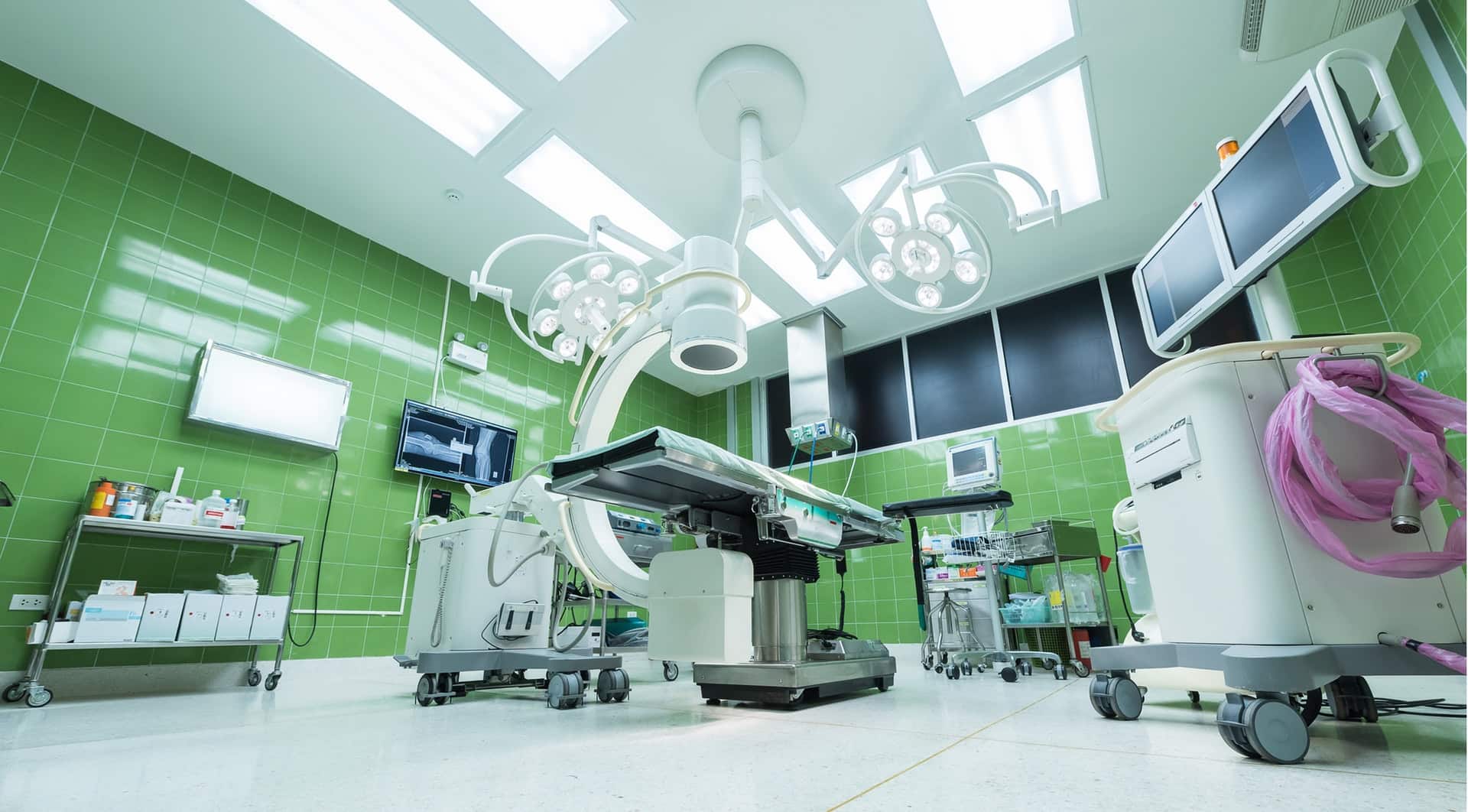
Image Source: Pexels
Most people want to get life back to normal as soon as possible after having surgery. The goal of resuming your routine quickly is an admirable one, but you can do too much too soon. If you want to recover quickly from an operation, here are a few tips on how to speed your healing the right way.
Balance Rest And Motion
Resting after surgery is important, but going full on couch potato can slow the healing process. Rest when your doctor and your body tell you that you need to. When you are cleared to begin resuming normal activities, ease back into physical activity slowly. A swimming pool, like those at DESJOYAUX POOLS, is an excellent tool for a speedy recovery as it allows you to get moving without putting pressure on your joints or your surgical site.
Do The Rehabilitation
Doctors often prescribe physical therapy and rehabilitation exercises after surgery in addition to medications. The exercises you are asked to do could seem difficult at first. Stick with them, even if it causes you mild discomfort or seems hard. These exercises are specifically designed to help the body heal and regain its strength after your surgery. Skipping them makes healing take longer and could leave you with a permanently limited range of motion. It’s also important to do any breathing exercises your doctor recommends, as these help clear any remaining anesthesia out of your lungs.
Eat Right
Nutrition matters when recovering from surgery. Your body will heal much more quickly if you give it what it needs to get the job done. Healing absolutely demands lots of protein, B12 and iron. B12 and iron are especially important as they help your body produce new, healthy red blood cells. Vitamin C and fiber are also beneficial, as is zinc. Eat plenty of eggs, chicken, fish and fruit after your surgery. You may not have much of an appetite at first, but keep trying to eat what you can until it comes back.
Keep Appointments
Follow-up appointments with your doctor after surgery are crucial. Go to all of them, even if you’re feeling better. These appointments let your doctor see your progress and check for any signs of trouble. Catching any potential problems early in the healing process allows you and your doctor to correct small issues before they become big ones. Undetected problems could slow your healing considerably or create an altogether new issue, so be diligent about your post-surgical care.
There are no shortcuts on the road to recovery. Your body will need a certain amount of time to repair itself, and the process shouldn’t be rushed. There are, however, things you can do to help your body perform at its best after an operation. With these tips and a little patience, you’ll find yourself back on your feet soon.
Emma Sturgis
Recent Posts
- Castor Oil For Better Hair Growth: Is It Myth Or Fact?
- Exploring the Differences Between Sermorelin, Ipamorelin, Ibutamoren, GHRP2, and GHRP6: Understanding Their Role in Human Growth Hormone Regulation
- Unraveling the Mystery: Understanding the Causes and Prognosis of Ventricular Tachycardia Without Apparent Heart Disease
- Understanding Grandparents’ Rights in Oklahoma: Navigating Visitation and Legal Protections
- 10 Reasons to Consider Hypnotherapy for Your Health

